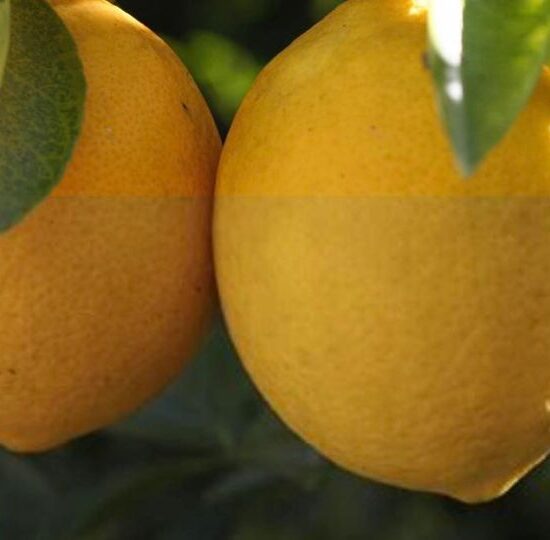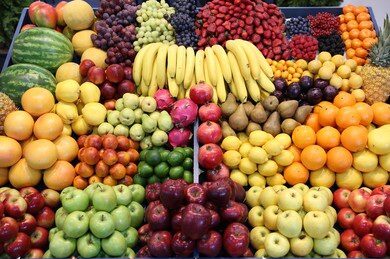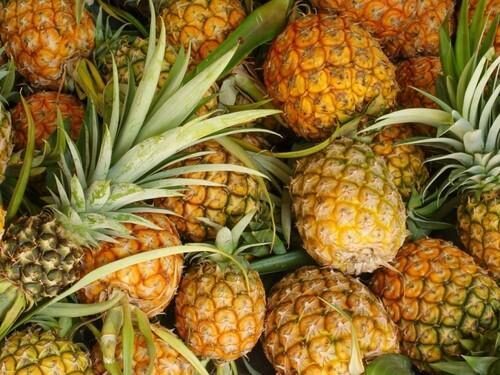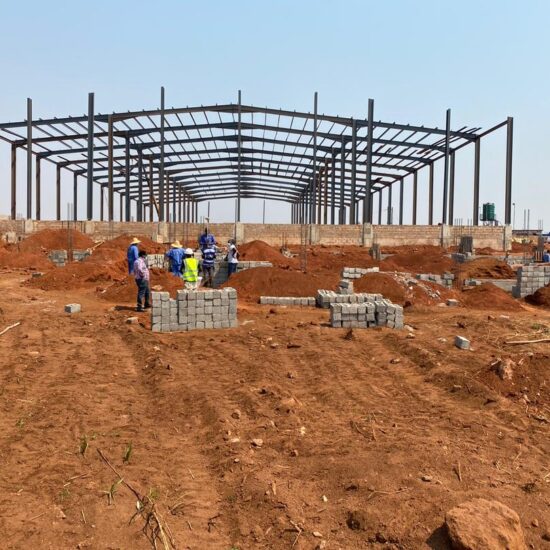The Workers’ Compensation Fund Control Board (WCFCB), National Pension Scheme Authority (NAPSA)and the Industrial Development Corporation (IDC) will jointly be investing about K100 million (about US$5.6 million) to revamp the Mwinilunga fruit processing plant.
Speaking in an exclusive interview with Zambian Business Times – ZBT WCFCB Head of Communications and Customer Service Maybin Nkholomba says WCFCB, NAPSA and IDC have joined hands to come to revamp the fruit processing plant in Mwinilunga which will cost k100,000,000
We are just returning from Mwinilunga, where we have joined hands with NAPSA and IDC to revamp the Mwinilunga Kalene Hills Fruit Processing plant. The three institutions will invest K100 million in that project and it will be commissioned this year in October, 2020.
Nkholomba also disclosed that the fruit processing plant will not be restricted to processing pineapples, but stressed that there are a medley of fruits that will be processed to support diversification and expansion of other fruit plantations.
The fruit processing plant will process pineapples of course as the major crop, but also oranges, mangoes and several other fruits that are grown in Zambia. It will have seven production lines including mineral water processing.
Furthermore, he said that the Kalene fruit processing plant will be a major boost to local farmers and also help create self employment opportunities. “It will have 1,500 out grower scheme for farmers, obviously it will bring about job creation in the region and it will create 40 to 50 direct jobs and obviously it will help revamp the economic activity within North-Western Province”, he said.
Apart from processing mineral water ant juice, the processing plant will also be able to produce tomato paste and the products from The Kalene Hills Fruit Processing plant will be enjoyed by both local and international customers.
“When those fruits are taken there, they will be processed into fruit juice, fruit paste and dried fruits mainly. Things like tomato paste will also be products that the plant would deliver. The products will be intended for both the local market and export”, he said.





